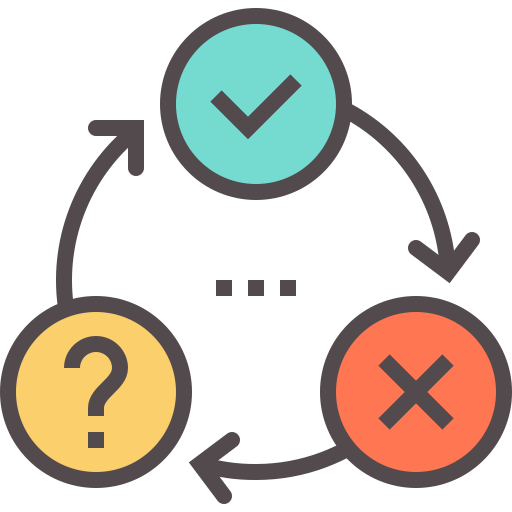Two New DNS Record Monitoring Features

We’re excited to announce two significant enhancements to DNS Check: DNS Record Flapping Detection and Extended Notification History. These features streamline the troubleshooting process for recurring DNS resolution errors and reduce repetitive notifications.
DNS Record Flapping Detection
DNS record flapping occurs when a record rapidly alternates between passing and failing states. With our new feature, DNS Check identifies records that change state six or more times within two hours as flapping. This proactive detection serves two primary purposes:
- Notification of Flapping Issues: DNS Check will alert you when flapping is detected, enabling you to investigate and address potential problems rapidly.
- Aggregated Notifications: DNS Check consolidates flapping alerts into a single email per hour for users with immediate email notifications enabled. This approach prevents an overwhelming number of emails during periods of instability. There are a few caveats to this behavior. See our FAQ entry for details.
Common causes of DNS record flapping include:
-
Inconsistent Responses from Authoritative Nameservers: Different nameservers may return varying results for the same query, often due to misconfigurations.
- Geolocation-based Routing: DNS Check queries from multiple global locations, which can trigger discrepancies in DNS responses from CDNs and load balancers. To address this:
- If monitoring a CDN or load balancer record, configure it as a load balancer record and specify all potential IPs or hostnames that your CDN or load balancer could return. DNS Check will consider the record passing if any subset of the expected results are returned.
- Alternatively, set a specific nameserver for DNS Check to query to ensure consistent results from a deterministic IP address.
- Connectivity Issues: These can cause a record to alternate between passing and failing with ServFail errors.
By detecting and alerting you to flapping records, DNS Check empowers you to maintain the stability and reliability of your DNS configurations.
Extended Notification History
Understanding the history of your DNS records is crucial for effective troubleshooting and analysis. We’ve expanded our notification history retention for Enterprise accounts to 365 days, allowing for a full year of state change tracking. Professional accounts retain 90 days of history, while Basic accounts maintain a 7-day history. This extended access enables you to observe long-term patterns, investigate past incidents, and maintain comprehensive records for auditing purposes.
These enhancements reflect our commitment to providing robust and user-friendly DNS monitoring. We aim to empower you with the tools to maintain an optimal DNS configuration by offering detailed insights into DNS record behavior and extending historical data access.
For more information on these features and how they can benefit your organization, visit our Features page.